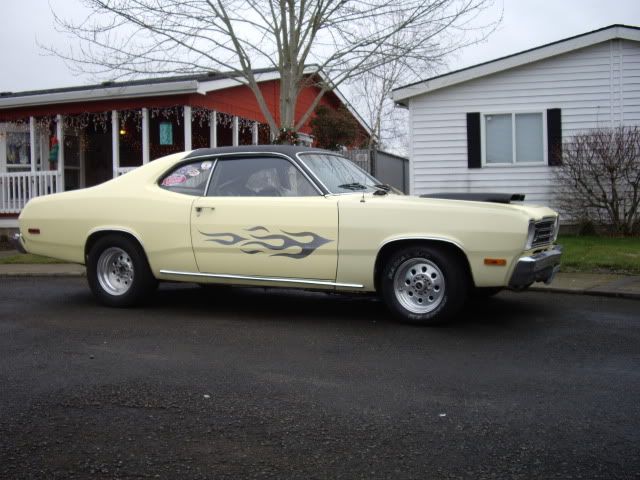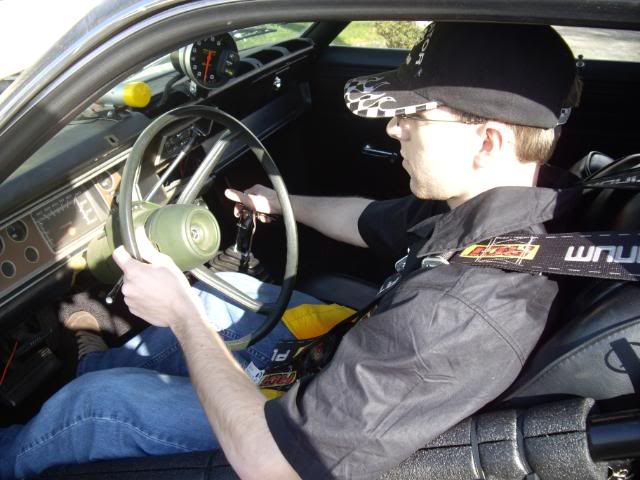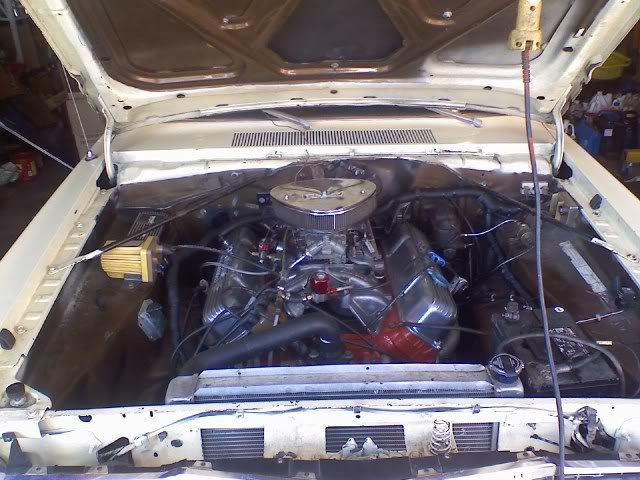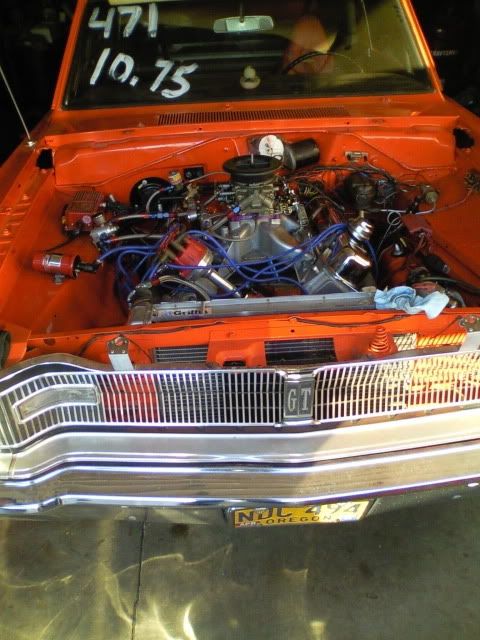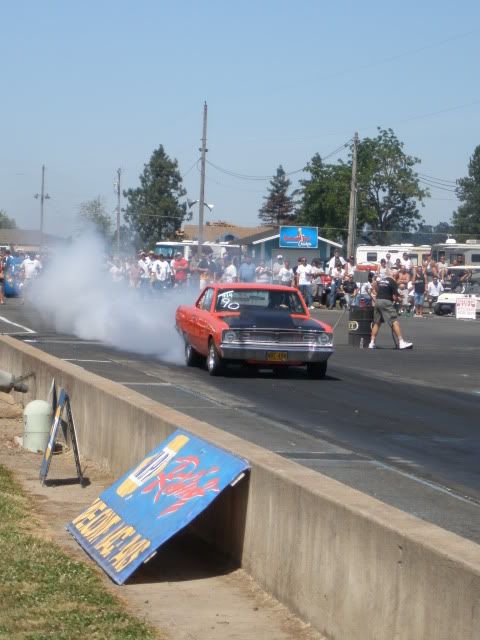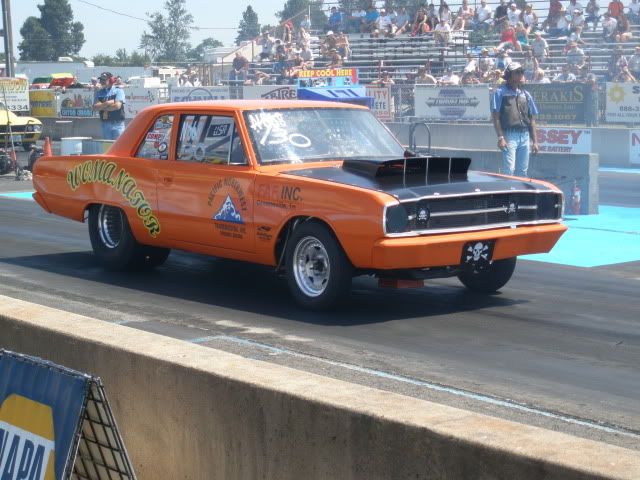wirenut
Well-Known Member
- Joined
- Sep 27, 2009
- Messages
- 300
- Reaction score
- 3
Hi All,
I'm new to racing and trying to figure a few things out this being one. i'm trying to buy a car, done or mostly done and one thing I have come up against is some cars I look at are pump gas motors, and some are high compression 11, 12, 13 to 1. What do I want and why? is the cost of racing fuel the consideration of going pump gas motor or is there more to it? I was told High Compression motors are more likley to fail? THe cars I am considering would be a BB 11-10 sec bracket. My thought is that the BB turns lower rpm so maybe reducing the incedence of breakage?
I appreciate any advice.
I'm new to racing and trying to figure a few things out this being one. i'm trying to buy a car, done or mostly done and one thing I have come up against is some cars I look at are pump gas motors, and some are high compression 11, 12, 13 to 1. What do I want and why? is the cost of racing fuel the consideration of going pump gas motor or is there more to it? I was told High Compression motors are more likley to fail? THe cars I am considering would be a BB 11-10 sec bracket. My thought is that the BB turns lower rpm so maybe reducing the incedence of breakage?
I appreciate any advice.

